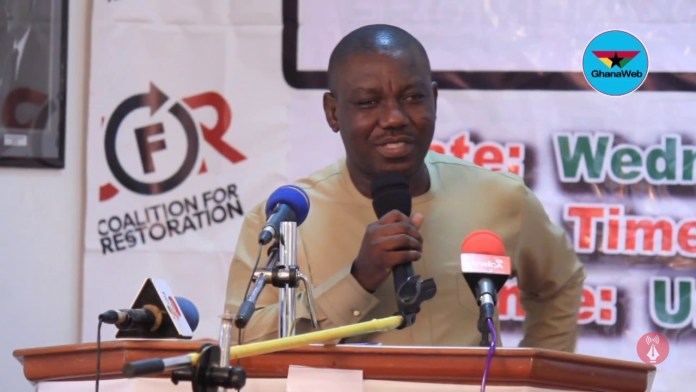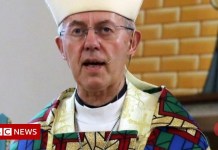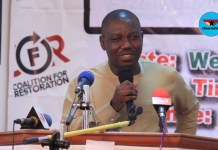A desperate move by the Akufo-Addo government to source funds from the Central Bank to support the 2022 budget has incurred anger from Member of Parliament for Bolga Central, Isaac Adongo, who has warned of dire consequences to the Ghanaian economy.
He warned the Governor of the central bank, Ernest Yedu Addison of supervising a dangerous gamble.
In a strongly worded letter, Hon. Adongo cautioned Dr. Addison that his agreement to allow the cash-strapped government to avail itself of US4300milion of a US$1billion Special Drawing Order (SDR) from the IMF breaches Ghana’s financial laws.
And that if Dr. Addison dares go ahead with the arrangement he, Adongo, will make him face the legal consequences.
“To be clear, any offering of $300million of your SDR to the Government will aggravate the breaches of the 5% threshold. If you were unaware of the provisions of your own Act, I do hope that my letter draws your attention because willful breaches of the law do have consequences, usually dire. Also, bear in mind that I reserve the right, as a citizen and Member of Parliament, at a time of my choosing to activate legal action that may crystalise such legal consequence,” Hon. Adongo wrote.
The SDR is an international type of monetary reserve currency created by the International Monetary Fund (IMF) in 1969 that operates as a supplement to the existing money reserves of member countries.
It was created in response to concerns about the limitations of gold and dollars as the sole means of settling international accounts, SDRs augment international liquidity by supplementing the standard reserve currencies
The Akufo-Addo government is at its wits end about finding money for the 2022 Budget after it borrowed Ghana into a debt conundrum that has resulted in a debt-to-GDP ratio of almost 84%. In its desperation, the government is reportedly seeking the draw on the IMF’s SDR available to the Central Bank.
According to Hon. Adongo, the BoG Governor was reported to have made his intention known at a Monetary Policy Committee (MPC) meeting.
However, as Hon. Adongo points out, Ghana’s financial laws are clear that the Central Bank cannot finance the government beyond 5% of the previous fiscal year’s total revenue and the SDR value the Central Bank is willing to let the government have surpasses that.
The Bolga Central MP also makes the point that, the SDR is not physical cash but only a trading currency and that if the Governor goes ahead he would ultimately be saddling Ghana with interests that will automatically kick in.
‘I have read a response attributed to you during the recent MPC Press conference in which you suggested that $300 million of the SDR equivalent will be surrendered by BOG to the Government to fund the 2022 budget expenditures and that since the SDR are not BOG’s resources, it will not count as BOG financing of the Government budget,” he advised.
“ If this attribution is accurate, Mr. Governor, it is most unfortunate and a perverse interpretation of the rules that govern your mandate.”
Hon Adongo points out that Section 30(1) of the Bank of Ghana Act 2002, (Act 612) provides for the BoG to make advances and loans to the Government on overdraft or in any other form that the Board may determine and also make a direct purchase from the Government of treasury bills or securities representing obligations of the Government.
Hon. Adongo dismissed the BoG and the government’s argument that COVID-19 has created exigencies that allow for the financial laws of the country to be side-stepped, pointing out that the same financial laws also made provisions for emergencies such as COVID-19.
According to the Bolga Central MP, “The BOG Act and its Amendment Act do not provide for freebies from BOG to Government. Instead, it imposes responsibility on you to report to the Minister anytime the 5% threshold is exceeded. The finance minister then reports to Parliament with a clear program to remedy the violation. Unfortunately, these have not been complied with.”


















